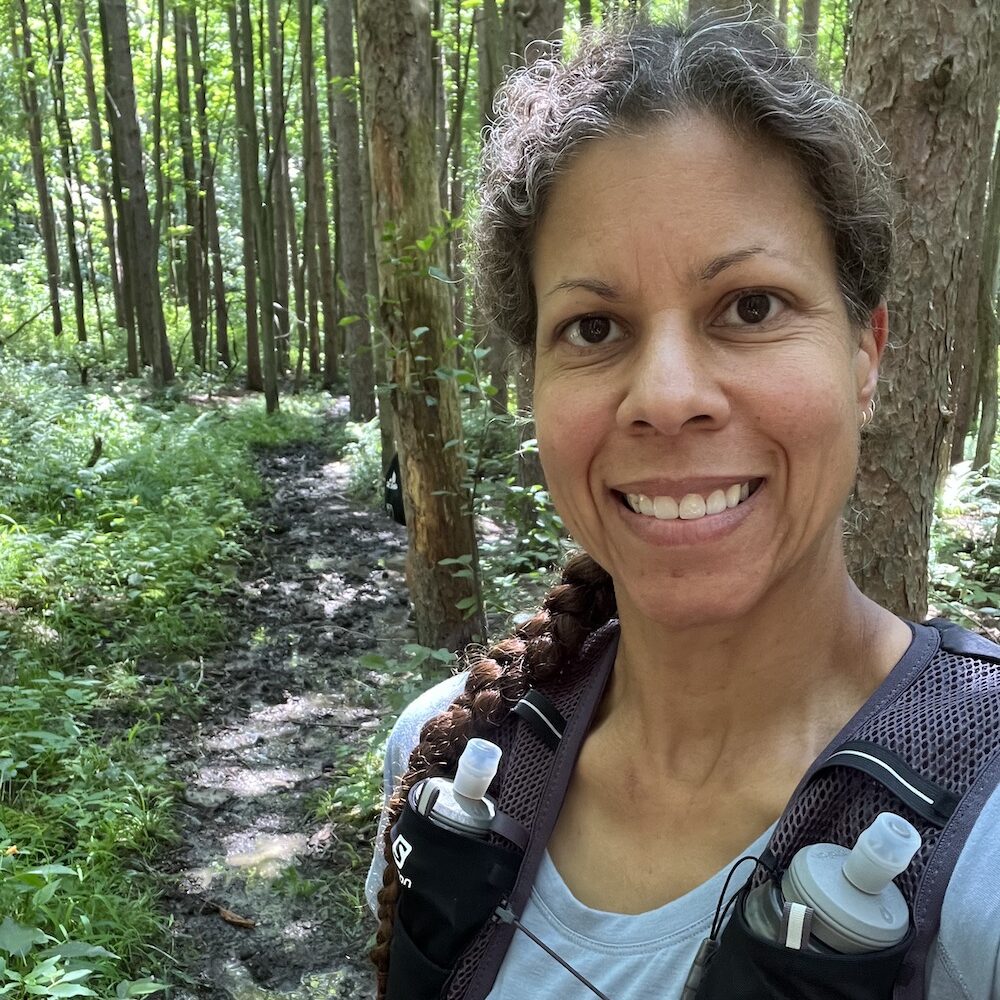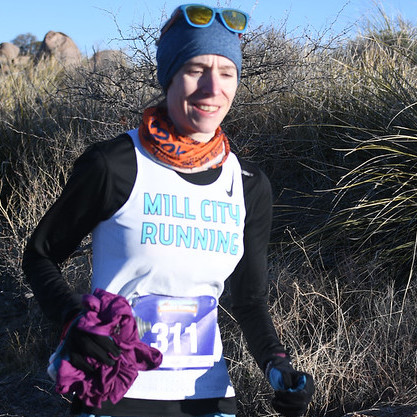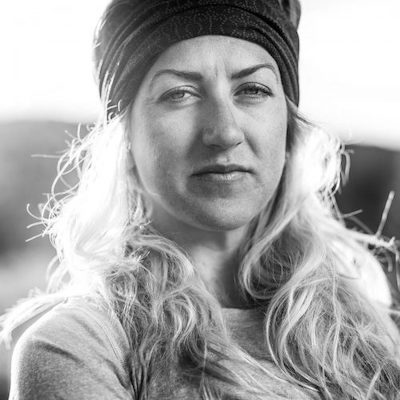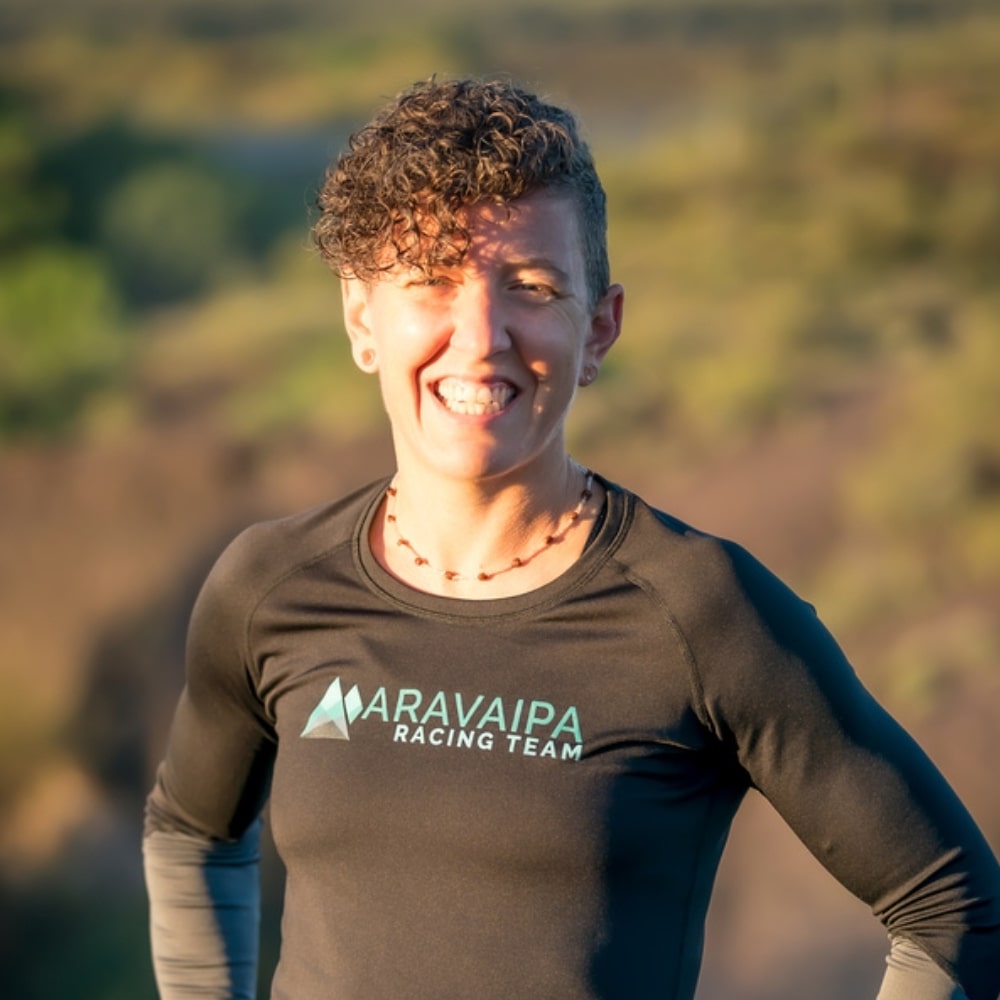Do you still train when you feel a cold coming on or when you are mildly sick? How do you know when to call it quits?

Junko Kazukawa: If it’s a mild cold, exercising/run might help you feel better. However, this varies from person to person. If the cold has moved into your chest. It’s best to wait until your symptoms improve before working out.

Krissy Moehl: Training through a cold is possible, but a lot depends on your symptoms and how long you want to be sick. The energy needed to run is energy you are taking away from your immune system to kick the bug. There are also times I have felt that running has helped me literally blow out the cold and feel much better. A couple of things to try or keep in mind if you are going to run when feeling symptoms are:
If symptoms are above your throat, it might be good to go blow it out. VS. If you are fatigued and achy in your body, best to give your system a break and focus what energy you do have on healing.
If you do run, fuel and hydrate well before, during and after (you are ideally doing this all the time, and especially so if sick).
Keep the effort toned down.
Plan to shower immediately after running. Don’t let your body struggle to keep warm (beware the wet sports bra!). Give it everything to recover immediately after.

Kuwanna Dyer-Pietras: I will continue to train through mild illnesses, but it becomes super critical that you listen to your body at this time. If at any time during the run you begin to feel worse, it’s okay to stop. If you are dealing with upper respiratory congestion but otherwise feel well, you may consider carrying some tissues or a handkerchief for your own comfort (I prefer those, especially during allergy season, because they don’t disintegrate after a few uses and litter the trail). Hiking is a great alternative to running if you feel well enough for some physical movement but prefer not to run. If you have chest congestion, feel feverish, or are particularly tired, a rest day may make more sense. A tired body is one that is working extra hard to fight the virus or bacteria infecting you, and you don’t want to compromise that.

Amanda Roe: If I feel like I have the energy to run, I will still go. If my arms and legs feel unusually heavy/tired, or I feel short of breath (more than usual), I will slow to a walk and enjoy the scenery. If my whole body is a bit achy, I opt for resting.

Madeline Harms: Everyone reacts differently to a cold, and different viruses can cause differing symptoms. The first and foremost thing is to listen to your body. Do you feel like you got run over by a truck and just want to sleep all day? In that case, take it easy. Do you have just a bit of fatigue and sniffles? An easy run is probably ok but skip the speed workout. Anytime you have a fever, make it a rest day. That means your body is working in overdrive to fight the illness and any training would likely be counterproductive.

Katie Grossman: If I am feeling at all run down or tired, I ramp down the training or stop altogether. Sickness is a stress on the immune system, and I don’t want to stress it more. In this case, rest and gentle movement (like yin/restorative yoga) actually is the training. I try to remember that getting sick can be a blessing – making my immune system stronger on the other side, and bulletproofing me for upcoming hard training or races.

Des Clarke: As long as I’m not super sick I do still train, I find it helps to clear my head and chest during a cold. It’s important to get extra rest and to hydrate well. I don’t typically do any really hard-effort workouts just because my body is already fighting something off and I don’t want to over-stress it. If I find myself feeling worse instead of better after runs, if I’m feeling exhausted, or if I start with more severe symptoms then I’ll stop training. At that point I look at it as a way to allow my body to focus my energy on healing so I can get back to full training more quickly.

Heather Anderson: Yes, I do continue to train although I dial back the intensity and/or distance. I don’t continue to train when I have a fever. I find that being outside and moving helps with congestion.

Kristi Confortin: If I feel a cold coming, I will not train that day. I have always found it better to listen to my body and not run when I am not feeling well. It is important for me to remember what my body needs such as rest and recovery to stop any oncoming cold. I would rather take a day or two off to prevent the cold than to take a week or two off if I continued to run and got sick.















